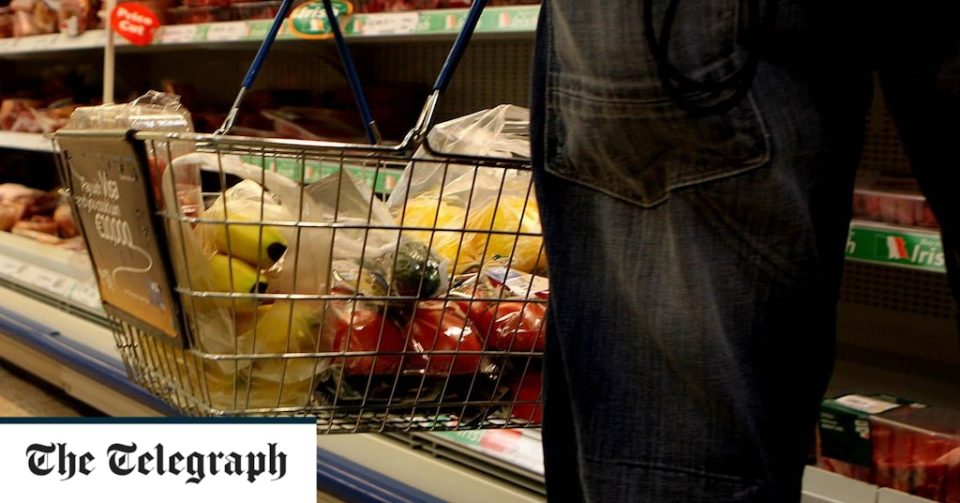The British Ports Association (BPA) said there was an “inherent risk” in extended supply chains in which the buyer in Britain was several steps removed from the producer overseas.
Mark Simmonds of the BPA said: “We support open markets and global supply chains, which have brought benefits to consumers in the form of cheaper goods. These arrangements are low-risk but that does not mean no risk.”
Targeting ports for a government inquiry was unfair, Mr Simmonds said, pointing out that the country’s ports “have worked throughout the pandemic, and are commercial entities operating at no cost to the Exchequer, unlike ports in many other countries, which receive state support”.
The BPA pointed to some companies that bear the costs of greater storage facilities in the UK, which make them more resilient at the expense of profits.
An inquiry would be “unnecessary as the BRC and FDF understand very well how imports work”, the body said, adding it would be “happy to explain ports’ role and the underlying reasons behind the unprecedented disruption”.
The developments came after research revealed the threat posed by Brexit to UK fishing ports, which land the catches that are one of the sticking points of agreeing a trade deal.
Half of fishing ports around the country said their quays needed either immediate repairs or work in the next five years, according to a BPA survey.
In the past, work on UK fishing ports has been supported by the European Maritime and Fisheries Fund grant scheme. Since leaving the EU in March, a new domestic fund has covered these works. However, even under a trade deal, there is uncertainty over whether English ports, which are generally municipally owned or have “trust” status, will be able to access funding, as they are seen as public bodies and not eligible under a state aid exemption.


